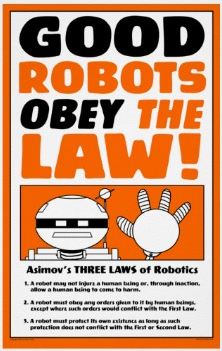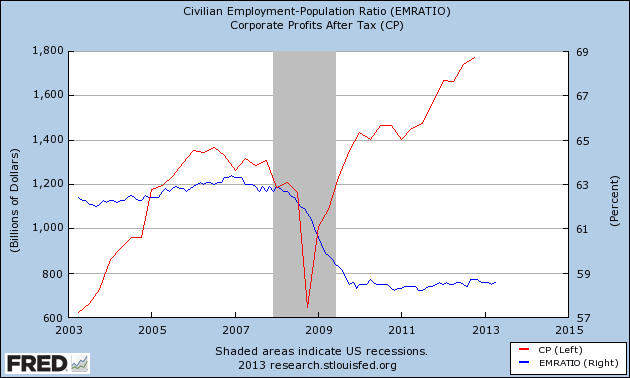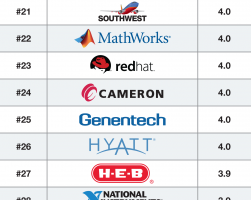Welcome back
Happy 2014!
It's good to be back as it were, after a couple of weeks of running old posts, not writing much of anything new, and more or less laying low and attempting to keep warm. I did learn at least one new phrase over the holidays, 'Polar Vortex', although it is assuredly one I could have done without.
Prior to the holidays kicking off, as I was scrolling back through the 2013 blog archives to find what I thought were some of the better and most representative posts to re-publish it during the last two weeks it struck me (finally) as to what this blog is really about, or perhaps said better, what topics and subjects about which I am actually interested in learning, sharing, and offering opinions on. For me, 2013 was mostly about three main subject areas:
1. Advances in robot technology and the increasing automation of the workplace and of other technologies (like self-driving cars, Google Glass, etc.).
2. Macro economic, demographic, and societal trends that impact our organizations and our professional lives. Things like the aging of the workforce and the true or possibly not true skills gap that gets bandied about from time to time.
3. How data is changing work, the practice of HR and management, and even our personal lives as well. In that vein, my single favorite post from 2013 was the one about the trucking company that is combining operational data from the trucks themselves with ‘softer’ HR data to make managerial interventions.
There are some other things mixed in there for sure, like sports and HR and the occasional rant/take on the (tiresome) ‘Company culture is more important that anything’ meme that will never seem to go away. And I will (naturally) use this blog to help promote those things that do keep the lights on, like the HR Technology Conference, HRevolution, the HR Happy Hour Show, and other miscellaneous things I will be doing in 2014. But for the most part the blog will remain about what I think are the most interesting and most important ideas and topics that affect the way we work and the way we interact with technology to do that work.
Since this blog, or most anyone's personal blog for that matter, is just an outlet and a hobby more or less, it naturally is going to reflect my interests, Whether or not anyone else finds them interesting is another matter. My sense from a cursory scan of site traffic over the years suggests that there are at least a few of you out there, but your numbers certainly aren't growing too much!
But regardless of traffic or comments or social shares, I personally still find writing on the blog to be fun, challenging, and beneficial. And I do want to thank everyone that has visited in the past and that will stop by in 2014.
As always, I welcome comments, ideas, suggestions, etc. I will note, and this is is mainly for the PR types that might see this, I am really not that interested in running guest posts from people I have never met, publishing your client’s infographics about anything, or writing about anything that is ‘under embargo’.
Ok, that is it - have a fantastic, successful, and fun 2014 everyone!

 Steve
Steve




